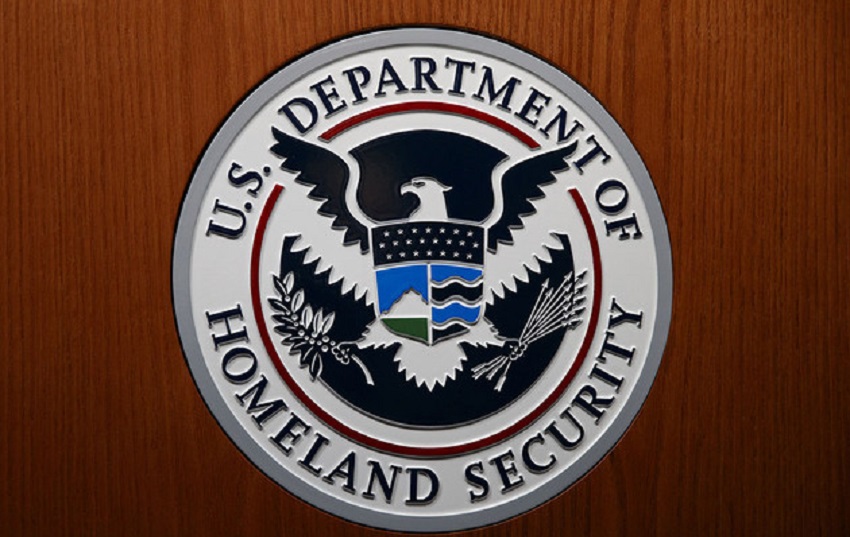Ogden, UT – Amid rising anxiety over immigration policies, undocumented immigrants in Utah are reporting an increase in fear and uncertainty. The source of this growing concern is the incoming Trump administration’s stance on illegal immigration, with a particular focus on deporting those who commit crimes. Local immigration attorneys note that the influx of worried clients seeking legal advice has surged in recent weeks.
Riverton Mayor Trent Staggs has been a vocal figure in this intensified climate. In a recent statement, Staggs warned that individuals with criminal intent should stay out of the city. “If they’ve got criminal intent, that’s the message that we want to send loud and clear: Don’t come into our city. Stay out of Riverton,” Staggs said. He further emphasized that the city would cooperate with federal immigration authorities, adding, “We are going to enforce the law.”
Staggs’ statements reflect his broader concerns about rising crime in his community, which he attributes to an increase in gang activity, including some transnational groups. According to Staggs, Riverton and other Utah communities are facing a rise in criminal activity, with gangs playing a significant role in this trend. This sentiment is supported by data from the Statewide Information and Analysis Center, which in 2023 predicted an uptick in gang-related crimes outside the main urban areas of Salt Lake County in 2024.
While law enforcement agencies have yet to release comprehensive data on gang activity, reports have indicated a rise in juvenile involvement in gangs in Salt Lake County. Riverton’s approach to law enforcement is clear: the city will not become a sanctuary city, and its police department is prepared to deploy resources in partnership with ICE to address what local leaders see as a growing crime issue.
The political climate surrounding immigration has led to increased anxiety among Utah’s immigrant communities. Immigration attorneys in the state are reporting a notable uptick in consultations, particularly concerning potential deportations under the incoming administration. Jake Tuimaualuga, an immigration lawyer based in Lehi, estimates that inquiries regarding deportation have surged by as much as 40%. Clients are increasingly worried about the possibility of immediate deportation as the Trump administration prepares to take a more aggressive approach to immigration enforcement.
For the Lawrence brothers, Steven and Jared, who have been practicing immigration law in Murray for over two decades, the situation is described as one of “panic.” Steven Lawrence explained that many of their clients, both legal and undocumented, are deeply concerned about their status under the new administration. “’What do we need to be prepared for with the Trump administration? Are we going to be deported right away?’ are the big questions people are asking,” Jared Lawrence said.
Even individuals who are legally in the U.S. are feeling the effects of the rhetoric surrounding immigration. Steven Lawrence expressed frustration over the broader narrative that paints all immigrants in a negative light. “We are going back to trying to say that all immigrants are terrorists, and therefore we have to deport them all, and we don’t care who they are or what they are,” Lawrence said. “When you are dealing with thousands of people, it becomes hard to keep it human, to realize that these are actually lives of people.”
In an attempt to alleviate some of the stress among his clients, Tuimaualuga reassures them with two key points: first, that undocumented immigrants still have constitutional rights in the U.S.; and second, that there are options available for those seeking legal status. Despite these reassurances, the uncertainty and fear surrounding the future of immigration policy remain palpable in the immigrant communities across Utah.
As the Trump administration prepares to take office, Utah’s immigrant population is left navigating an environment of heightened scrutiny and fear, with both legal and undocumented individuals seeking guidance on how to secure their future in the country. The coming months will likely bring further developments in both local and national immigration policies, keeping Utah’s immigrant communities on edge.

